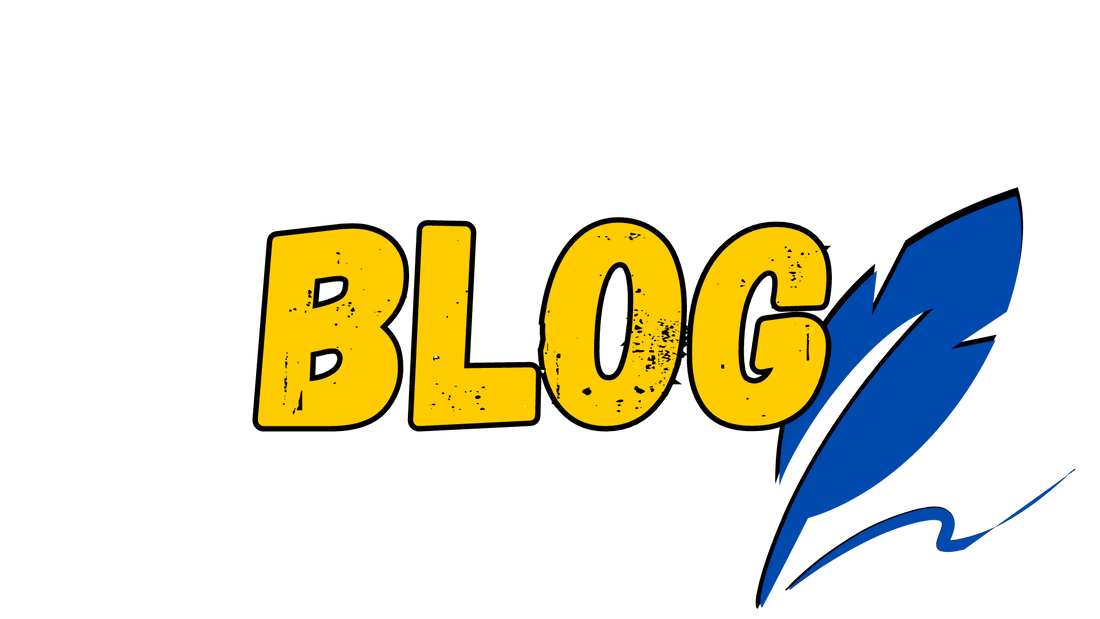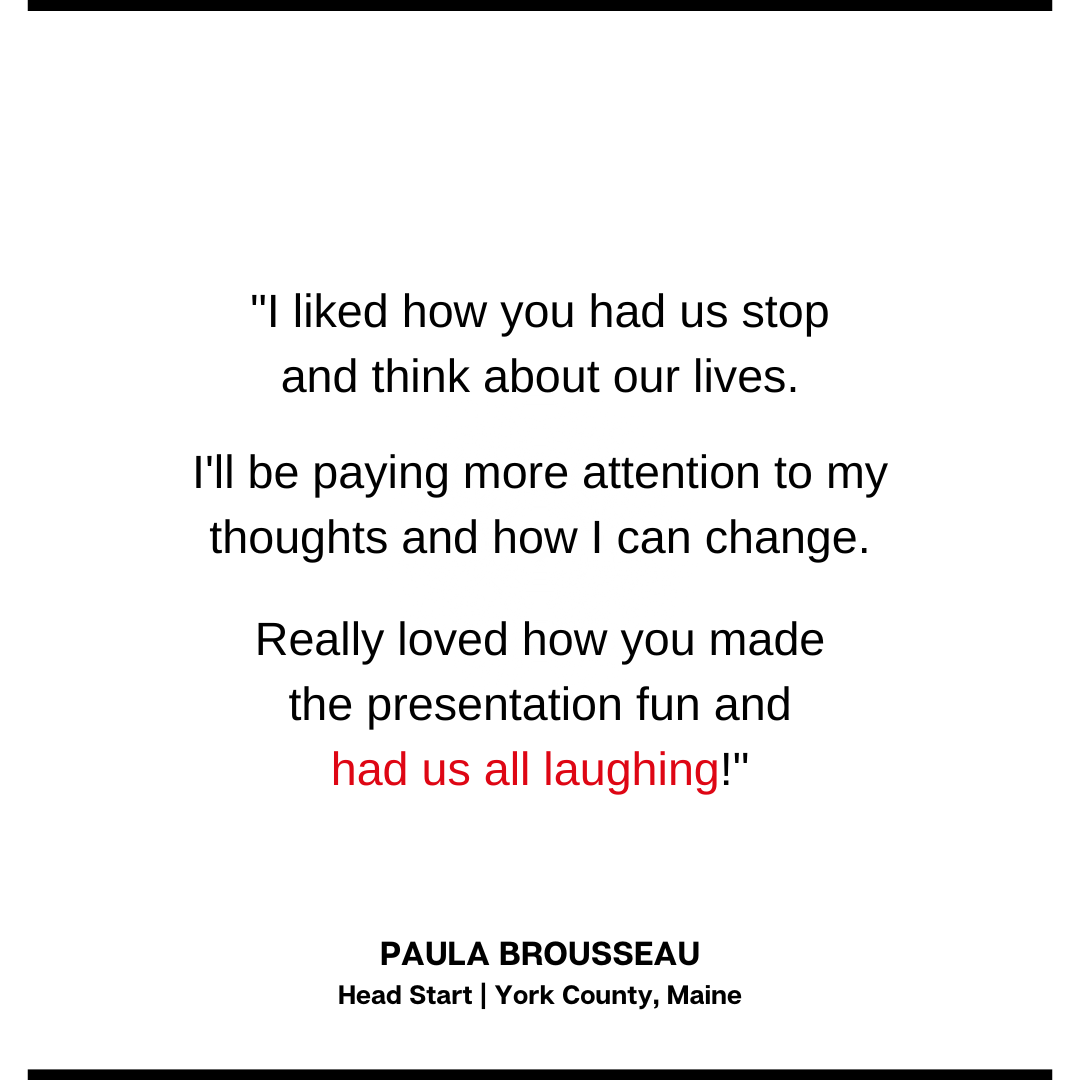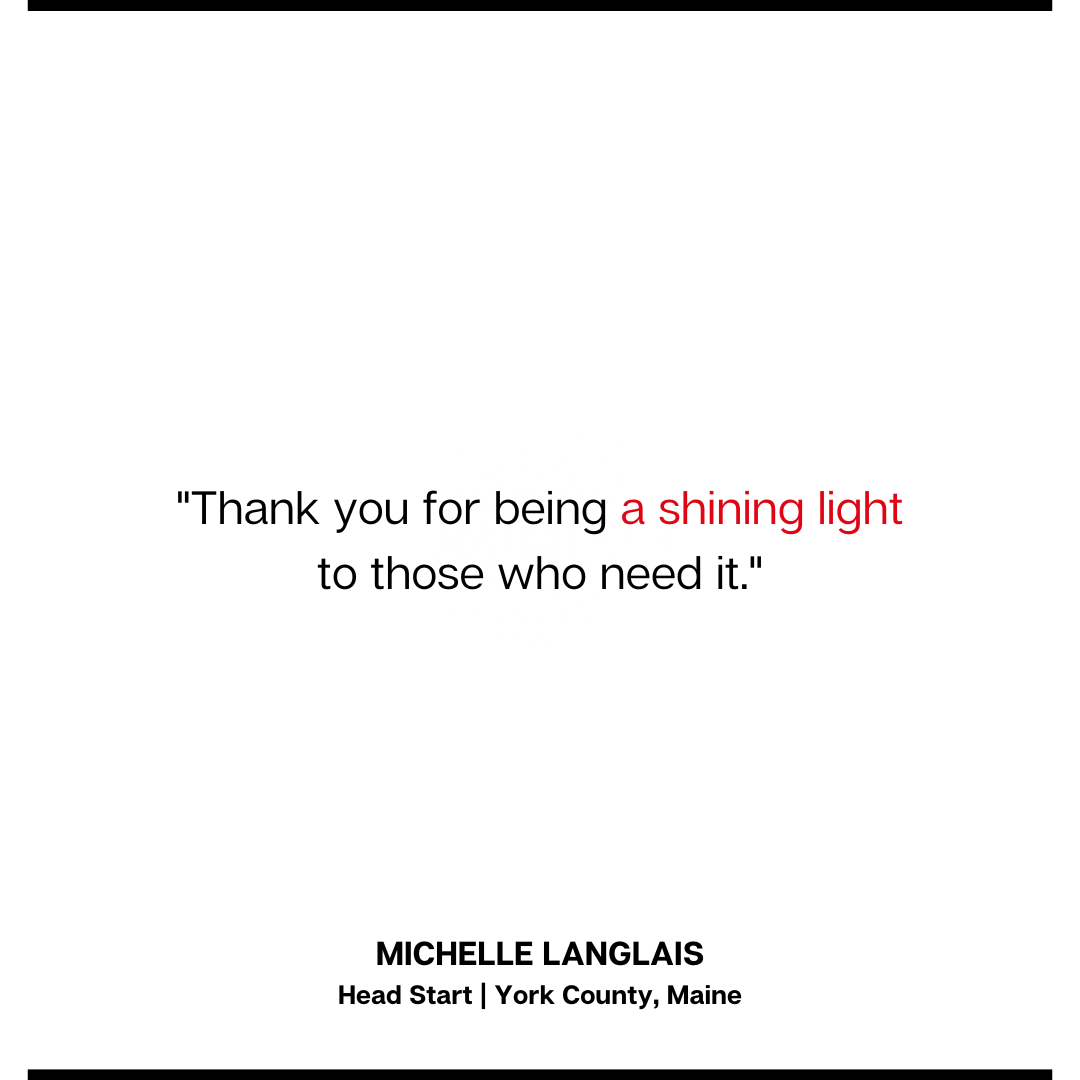|
When things don't go as planned, how do you find the good?
Read the full article now ⬇︎
My connecting flight back home to Massachusetts was just taking off when my heart suddenly sank. I had just remembered that I left my Kindle in the backseat pocket of the previous plane. BLAST! I had fallen asleep instantly on the previous flight, and didn’t wake up until we landed, so it just escaped my mind when I got up and left. There was nothing to be done at that moment though, so I simply remembered the wise words of Master Splinter when Raphael told him that he had lost a sai: “Then, it is gone.”
When I landed back home, though, my heart sank again. I was settling back into my office and looking for my credit card to put away, when I suddenly remembered that I had used my Kindle case as a secondary wallet. When traveling I don’t like to keep everything together, so that just in case I lose my wallet I still have a backup. This is usually a sound idea, but in this case this preparation worked against me, because I didn’t just lose a Kindle, I lost a credit card too! BLAST! But then my heart sank again. I remembered that I didn’t just put my credit card in the Kindle case—I also put two hundred-dollar bills in there too! $#%&@! Choosing Fascination Over Frustration I had just returned from a trip to Las Vegas where I spoke at The Magic & Meaning Conference, an event attended by magicians, storytellers, and public speakers from around the world who are passionate about sharing meaningful experiences with the people they serve, and I had the privilege of sharing a talk on the value of choosing fascination even while in the face of life’s most frustrating circumstances (like losing a Kindle, a credit card, and $200!) My main objective was to help foster awareness for the attendees—awareness of the situations where they are most likely to choose frustration by default so that they can prepare themselves to meet those circumstances ahead of time and respond instead by design with fascination. Why This Matters This is important for performers of any kind, because when they walk on stage they open themselves up to a world of variables that can make for a frustrating experience should things not go as expected. I’ve had my share of difficult audience participants trying to ruin the show, and I’ve certainly had my fair share of magical moments ruined by a missed cue or fumbled sleight of hand move (like the time I accidentally drank hydrochloric acid on stage!) This can be very frustrating. This is equally as important when dealing with criticism from others who would discourage performers from pursuing their craft at all. There are plenty of well-meaning family members, friends, and colleagues who are ready to explain every reason why something is wrong, without any consideration for why something is right. This can be very frustrating. And let’s not forget the very real challenge of facing everyday life, regardless of whether you’re a performer. Dealing with an accident, a sickness, a relationship woe, the death of a loved one, squirrels getting into the bird feeder, or any number of challenges can all make facing life difficult (like losing a Kindle, a credit card, and $200!). This can be VERY frustrating. With all the very real negative influences available that surround us, the question becomes how do we consciously choose to be fascinated instead of frustrated? How? As a Facilitator of Fascination I make it my job to facilitate fascinating experiences for my clients. I do this through demonstrations of magic that trigger a sense of wonder, but this wonder is only a metaphor, a metaphor that points to the wondering we do when we ask, “Why this? Why me? Why now?” Fascination has an inherent sense of curiosity about it that doesn’t fight against reality but instead works with the reality of the situation and asks, “How can this be used for good?” In other words, regardless of the circumstances, fascination works to find something to be glad about. Finding The Good But what can be good about negative influences? How can we be glad about frustrating circumstances? Some situations are certainly easier to find the good in, while others are comparatively far more challenging. To offer a relevant example of what this can look like, let’s consider the hypothetical example of losing a Kindle, a credit card, and $200. (I say hypothetical, because what kind of silly person would actually do such a thing? That would be absurd!)
How To Be Glad About Losing A Kindle
When I realized I lost the Kindle my first thought was “DARN IT!” But then my second thought was, “Well, I had been meaning to upgrade to a newer Kindle anyway.” Philosophers and psychologists alike have suggested that we tend to get used to things, even uncomfortable things, relatively quickly. It’s kind of like jumping into a cold pool of water: at first it’s unbearably uncomfortable, but over a relatively short period of time we get used to it and move on, kind of like the boiling frog experiment. Actually, that experiment is an extreme example of how this principle can be expressed negatively, but in the positive sense it can help us to bounce back from a setback with relative ease. What is there to be glad about in losing a Kindle? I’m glad that I can get a new one!
How To Be Glad About Losing A Credit Card
When I realized I lost the credit card my first thought was “YIKES!” But then my second thought was, “I have too many credit cards anyway.” How many credit cards do we really need? By losing one it’s one less financial matter to manage. In fact, inspired by losing the card I immediately cancelled three magazines and an online subscription that I never use because I just never find the time. This loss actually helped me to save money by stopping the leaks to my bank account. What is there to be glad about in losing a credit card? I’m glad that I can consolidate my finances!
How To Be Glad About Losing $200
When I realized I lost the $200 my first thought was “OF COURSE!” And then I laughed hysterically. I must have laughed for a solid three minutes…I just thought it was hilarious! But then my second thought was, “This is a great way to practice what I teach.” I took it as an expensive lesson to practice finding the good. It took me a while, about a half hour or so, but I finally settled on this: “I’m glad that I’m gainfully employed so that this loss can be easily replaced.” For some, $200 is a week’s paycheck; for me, it’s less than I leave the house for to do a training workshop or a magic show. Yes, $200 is a lot of money to lose while napping on a plane, but it can be replaced, and for that I am thankful. What is there to be glad about in losing $200? I’m glad that I’m gainfully employed so the loss can be easily replaced! Clarification Please don’t misunderstand these ideas for suggesting that finding the good brushes off reality and attempts to avoid taking responsibility. That’s not what these ideas suggest at all. In fact, I created a new categorical imperative for myself that I will never place anything in the backseat pocket of a plane ever again! This makes the experience a learning experience that will help to improve the experiences of my future self. Also, I didn’t just lose that credit card, I also reported it lost; I didn’t just shrug it off, I did something about it! Lastly, I took proactive action and reported the Kindle to the lost and found department of the airline. It’s highly unlikely that it will be returned, but I did all that I could considering the circumstances and, for my own peace, I let the outcome go. In other words, regardless of whether roses grow, I can take comfort in knowing that I tended to my garden. Reflection
Final Thoughts The psychologist Dr. Rick Hanson suggests that how we respond to our circumstances can have a significant impact on the experience of our circumstances. He notes that the brain is kind of like a spotlight attached to a vacuum cleaner, in that what we give attention to is highlighted by the spotlight, but because it’s attached to a vacuum cleaner it also gets suck right up into our brain—for better or worse. In other words, what we choose to focus on has the power to change our experience, and it is my hope that focusing on these reflections for finding the good and finding things to be glad about will prove helpful for you in your daily life. I’d love to hear your thoughts on these ideas—whether you agree or disagree with them, what your experience has been applying them, and if there’s perhaps something that you think should be added here. Leave a comment below or send me an email at [email protected]. I’m looking forward to hearing what you have to share!
0 Comments
Leave a Reply. |
AuthorJonas Cain, M.Ed. is a storyteller, magician, musician, and facilitator of fascination on a mission to help you experience abiding joy. Topics
All
SubscribeArchives
July 2024
|

















 RSS Feed
RSS Feed
